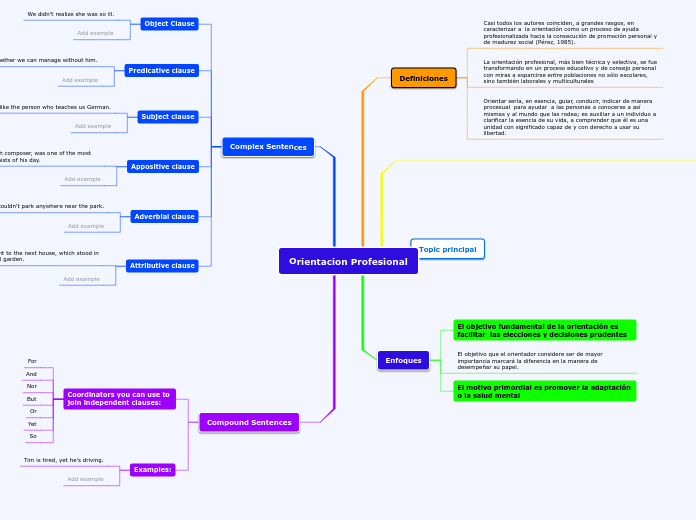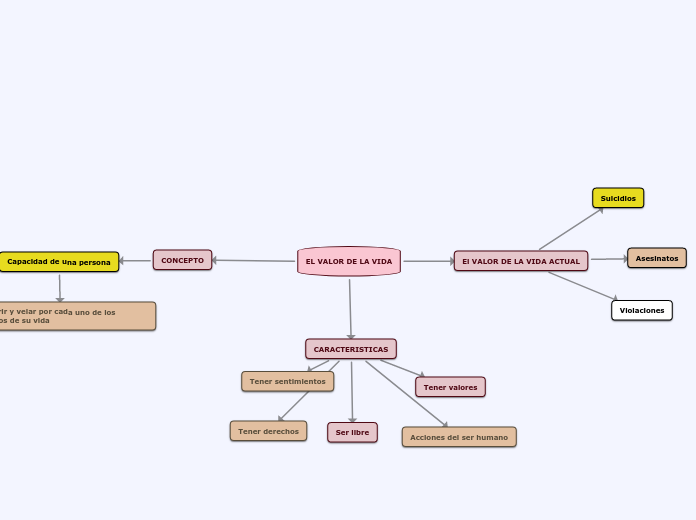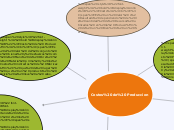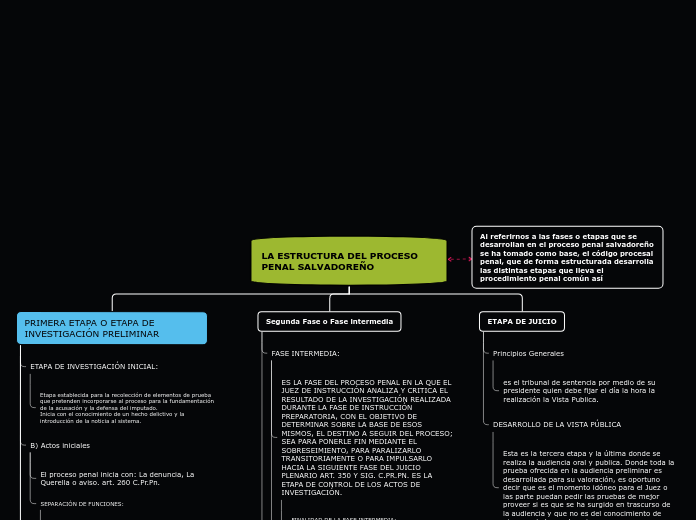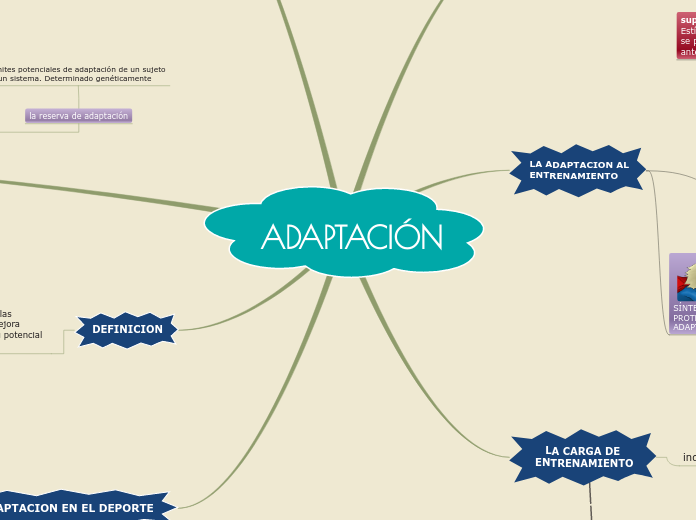Orientacion Profesional
In linguistics, syntax is the set of rules, principles, and processes that govern the structure of sentences in a given language, usually including word order.
Compound Sentences
A compound sentence is a sentence that has at least two independent clauses joined by a comma, semicolon or conjunction. An independent clause is a clause that has a subject and verb and forms a complete thought.
Examples:
Create your own compound sentences, using the coordinators above.
Tim is tired, yet he's driving.
Coordinators you can use to
join independent clauses:
When independent clauses are joined with coordinators (also called coordinating conjunctions), commas and semicolons, they do more than just join the clauses. They add meaning and flow to your writing.
So
Yet
Or
But
Nor
And
For
Complex Sentences
A complex sentence is a sentence that contains an independent clause and one or more dependent clauses.
An independent clause can stand alone as a sentence, but a dependent clause even though it has a subject and a verb cannot stand alone.
Attributive clause
Attributive clauses serve as an attribute to a noun (pronoun) in the main clause. This noun or pronoun is called the antecedent of the clause.
He went to the next house, which stood in a small garden.
Adverbial clause
An adverbial clause is a group of two or more words that function as an adverb in a sentence.
We couldn't park anywhere near the park.
Appositive clause
An appositive clause follows another noun or noun phrase in apposition to it; that is, it provides information that further identifies or defines it.
Chopin, a Polish composer, was one of the most celebrated pianists of his day.
Subject clause
The subject clause is a dependent clause that acts as a subject.
We like the person who teaches us German.
Predicative clause
A predicative clause may be introduced by conjunctions - that, whether, whether... or, as, as if, as though, because, lest, the way - or connectives.
The latter may be conjunctive pronouns - who, whoever, what, whatever, which - or conjunctive adverbs - where, wherever, when, whenever, how, why.
The question is whether we can manage without him.
Object Clause
The object clause is a phrase on which a verb performs an action. It falls at the end of a sentence, and is governed by a verb or a preposition.
Add example
We didn’t realize she was so ill.
Enfoques
El motivo primordial es promover la adaptación o la salud mental
See the example below and try to create your own simple sentences.
Tim is driving the car with his mother.
El objetivo que el orientador considere ser de mayor importancia marcará la diferencia en la manera de desempeñar su papel.
El objetivo fundamental de la orientación es facilitar las elecciones y decisiones prudentes
See the example below and try to create your own simple sentences.
Tim drives the car.
Topic principal
Definiciones
Orientar sería, en esencia, guiar, conducir, indicar de manera procesual para ayudar a las personas a conocerse a así mismas y al mundo que las rodea; es auxiliar a un individuo a clarificar la esencia de su vida, a comprender que él es una unidad con significado capaz de y con derecho a usar su libertad.
La orientación profesional, más bien técnica y selectiva, se fue transformando en un proceso educativo y de consejo personal con miras a esparcirse entre poblaciones no sólo escolares, sino también laborales y multiculturales
Casi todos los autores coinciden, a grandes rasgos, en caracterizar a la orientación como un proceso de ayuda profesionalizada hacia la consecución de promoción personal y de madurez social (Pérez, 1985).
